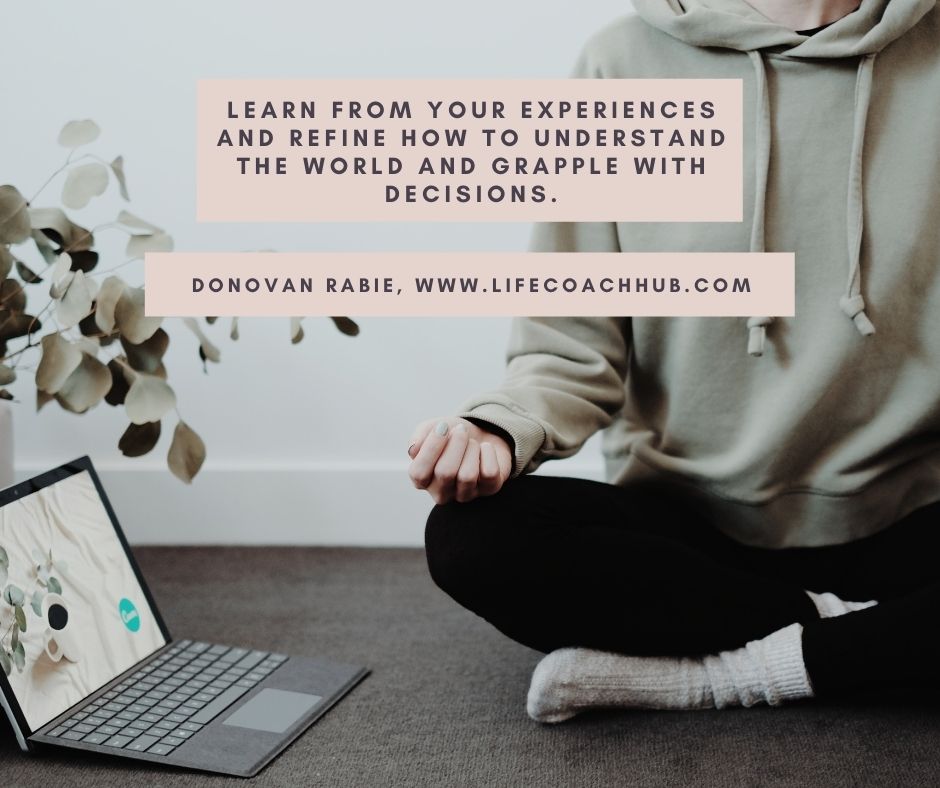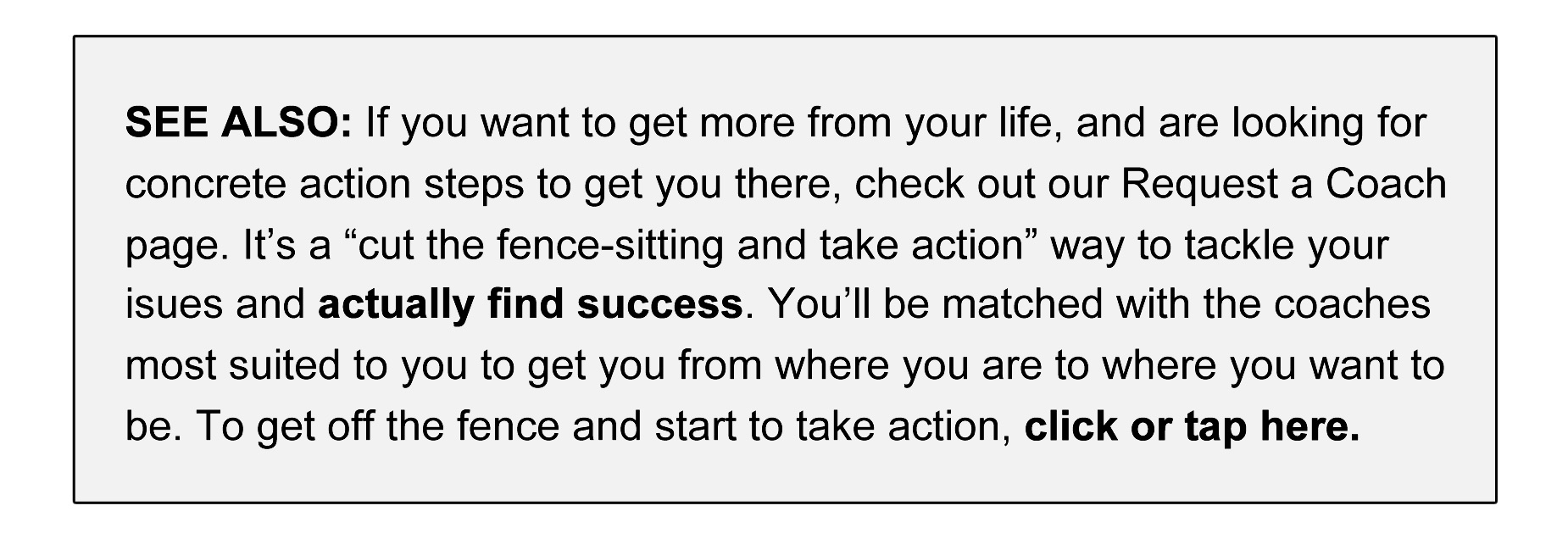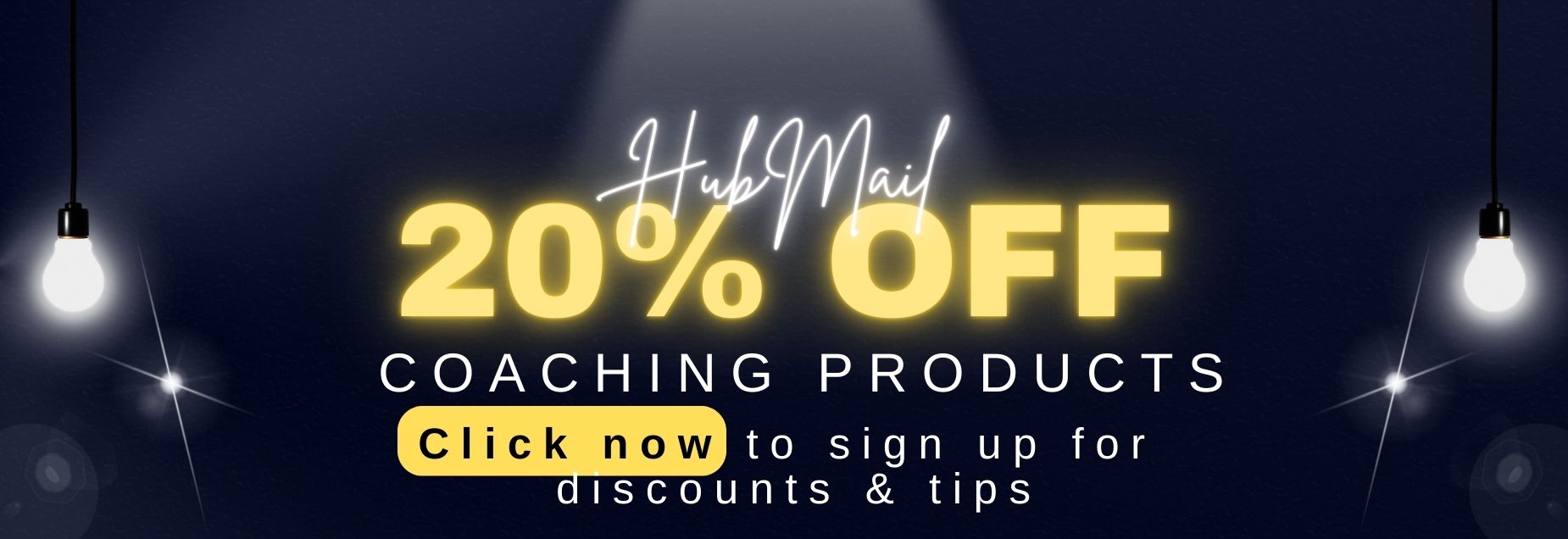
Making effective decisions
It is estimated that the average person must grapple with around 35 000 decisions every day (Hoomans, 2015). Most of the “low-key” decisions are unnoticeable and are hardly recognised as a decision. In fact, as you started reading this article a part of you was wondering if you should keep reading or if you should move on – the result was a decision.
Beyond the “almost” meaningless low-key decisions that cruise through our minds, there are a few overt decisions that can impact our lives that we must also grapple with from time to time. Even in this category, most decisions are often minor, with the major decisions being on the opposite end of the continuum. Regardless, it is most often the range of decisions in this category that will challenge the average person’s ability to think clearly and act decisively.
Additionally, while one is trying to decide on the best way forward, they will probably also have a million other things on their mind that is clogging up the ol’ think tank. Let’s not even mention the impulsive effects that strong emotions such as frustration, sadness, anger, and even happiness can have on decision-making.
The decisions we make will dictate the direction we take as we navigate life. There are so many issues with this statement that it's difficult to know how to unpack it correctly. However, there are 3 things we can be certain about.
- We must make our decisions based on what we know from our past, our current skill level, and any relevant information we can find on the topic.
- This too shall pass. No matter how consuming this moment may feel, it will one day become a thing of the past.
- We cannot predict the future, so we never really know straight away if we made the right decision or not… until it plays out of course.
FIVE Barriers to making good decisions
Not so obvious are the hurdles that will try to get in our way when we attempt to make constructive decisions. They are:
- The complexity of the decision
- The emotion of the situation
- The consequences of the decision
- The uncertainty of how it will play out
- The ambiguity in the decision
1. The complexity of the decision
Many factors will add complexity to a decision. Some include the complexity of the task, the decision-makers own characteristics and their information-seeking styles, the context in which the decision is to be made, the amount of information available, the number of available alternatives, and the number of people involved in the decision (Sintchenko & Coiera, 2006; Payne, 1976).
What to do in this case:
One of the most important aspects to check are your biases in the situation and try to designate antagonistic thinkers to provide intelligent counterarguments to your ideas. Be sure you clarify your goals regularly to understand your priorities and what is most valuable (Forbes Coaches Council, 2020). If you are on your own, learn to trust yourself and your abilities to make effective decisions.
2. The emotion of the situation
Emotions are like drunk people – highly irrational, stubborn, and impulsive!
With that being said, emotions are powerful and serve a fundamentally useful purpose as they steer our thought processes when we are trying to make a decision (Cavanagh et al., 2005). Emotions and the information they carry, drive us on an adaptive primitive level toward appetitive goals and away from potential threat or danger (Lerner et al., 2015; Mirabella, 2018).
This can be a very confusing experience!
Just consider the silly things people (and in particular teens) will do when influenced by peer pressure or the lady going back and forth in her mind trying to leave her abusive partner or even the unsuspecting victim of a get-rich-quick scam.
Emotions are incredibly powerful and have been behind decisions of all kinds throughout human history.
What to do in this case:
There are 2 things one can consider working on when emotions are high. 1) Take the emotions completely off the table to look at the “blueprint” of the situation. This will create some clarity that may assist you in your decision-making. 2) Imagine the rising emotion has some important information to share with you about the decision you are trying to make. Listen to it objectively and you may get some much-needed clarity.
3. The consequences of the decision
Everything in life has consequences!
All I actually needed for this article was this one sentence, but where would the fun be in that?
When considering the concept of consequences, behavioural decision theory seems to adequately highlight the effect that consequences have on decision-making.
1) The individual identifies the range of possible choices; 2) they consider the consequences of each choice; 3) they evaluate the consequences of each choice; 4) they assess the likelihood of each consequence; and 5) they integrate this consequence (Arnett, 2004 as cited in Louw & Louw, 2014).
What to do in this case:
The consequences of one’s decisions can become so overwhelming that it could lead them into the dreaded “analysis paralysis” where decision-making comes to an abrupt halt.
Most often you will realise that a decision will be made sooner or later. This means it’s down to how long it will take to make the decision. Sometimes your decisions will negatively affect others and that will have to be okay with you. You must consider the importance of the “bigger picture” - the “why this decision is so damn important”, and “what is it intended to help with or change?”
4. The uncertainty of how it will play out
Most decisions in life come with uncertainty since the decision being made will inevitably lack various bits of knowledge about the probabilities of the future state of events (Knight, 1921).
When it comes to complex decisions with many potential consequences, the uncertainty level will rise drastically. It’s important to reduce the amount of uncertainty in a situation before making any decisions, but regardless, uncertainty will be an integral part of the experience, and this is something that people must live with.
The 2 main problems with uncertainty are that it usually comes with negative emotions (or even positive emotions), and creates a question mark in the person’s brain and affects the perception of the risk of uncertain events (Anderson et al., 2019). Now the brain is an incredible problem-solver, so it will search endlessly to try to answer the question that this question mark has left behind while also trying to help you not feel so negative, but the more one tries to solve the existential issue of uncertainty, the deeper they will slip down the rabbit hole and the worse they will feel.
What to do in this case:
You must come to terms with the fact that your decisions inherently come with a level of uncertainty. You cannot have one without the other. Get some sage advice from experts that may steer you in the right direction and lower the level of uncertainty, but when it comes down to it, you will have to pull the trigger, knowing full-well that there will also be uncertainty. When you can come to terms with this then you can start to let go of trying to control the things in life that you cannot control and forget about being perfect.
5. The ambiguity in the decision
Ambiguity means that there may be more than one interpretation of something. This could include the context of the situation, the amount of information present, issues with unreliable and/or conflicting information, or the outcome may be poorly understood (Einhorn & Hogarth, 1986).
When it comes to effective decision-making, one may be faced with a few answers that seem worthy of attention, but worse still, they may be faced with a few answers that are bad and must try to decide on choosing the “least-wrong” answer.
What to do in this case:
Jones (2016) provides a concise and suitable suggestion to assist with this issue. She simply proposes that one should understand the values that the end result will provide and what it means to the decision-maker, and in addition, consult with a divergent thinker who can provide their unique perspective on the issue. This will create new points of view and much-needed clarity around the issue.
Conclusion
There is no fool-proof solution to getting all your decisions right and unfortunately, some of them will tank! The good news is that you can learn from your experiences and refine how to understand the world and grapple with decisions.
I will leave you with the wise words of Jodi Picoult:
“In the space between yes and no, there is a lifetime. It’s the difference between the path you walk and one you leave behind; it’s the gap between who you thought you could be and who you really are; it’s the legroom for the lies you will tell yourself in the future” (Picoult,).
References:
Anderson, E. C., Carleton, R. N., Diefenbach, M., & Han, P. K. (2019). The relationship between uncertainty and affect. Frontiers in psychology, 10, 2504.
Cavanagh, M., Grant, A. M., & Kemp, T. (Eds.). (2005). Evidence-based coaching, Vol. 1. Theory, research and practice from the behavioural sciences. Australian Academic Press.
Einhorn, H. J., & Hogarth, R. M. (1986). Decision making under ambiguity. Journal of Business, S225-S250.
Forbes Coaches Council (2020, May 28). 16 Essential strategies to improve your decision-making skills. Forbes. https://www.forbes.com/sites/forbescoachescouncil/2020/05/28/16-essential-strategies-to-improve-your-decision-making-skills/?sh=431801ee6532
Hoomans, J. (2015, March 20). 35,000 Decisions: The great choices of strategic leaders. The leading edge. https://go.roberts.edu/leadingedge/the-great-choices-of-strategic-leaders
Jones, D. (2016). 10 Tips for making executive decisions in ambiguity [Blog]. The Huffington Post. https://www.huffpost.com/entry/10-tips-for-making-execut_b_9815028
Louw, D. A., & Louw, A. E. (2014). Early childhood. Child and adolescent development (2nd ed.). Bloemfontein: Psychology publications.
Knight, F. (1921). Risk, uncertainty and profit. Boston, NY: Houghton Mifflin Company.
Lerner, J. S., Piercarlo Valdesolo, Y. L., Kassam, K. S. (2015). Emotion and Decision Making. Annual Review of Psychology, 66(1), 799-823
Mirabella, G. (2018). The weight of emotions in decision-making: how fearful and happy facial stimuli modulate action readiness of goal-directed actions. Frontiers in Psychology, 9, 1334.
Payne, J. W. (1976). Task complexity and contingent processing in decision making: An information search and protocol analysis. Organizational behavior and human performance, 16(2), 366-387.
Picoult, J. (2009). Change of Heart. Hachette UK
Sintchenko, V., & Coiera, E. (2006). Decision complexity affects the extent and type of decision support use. AMIA ... Annual Symposium proceedings. AMIA Symposium, 2006, 724–728.





























COMMENTS